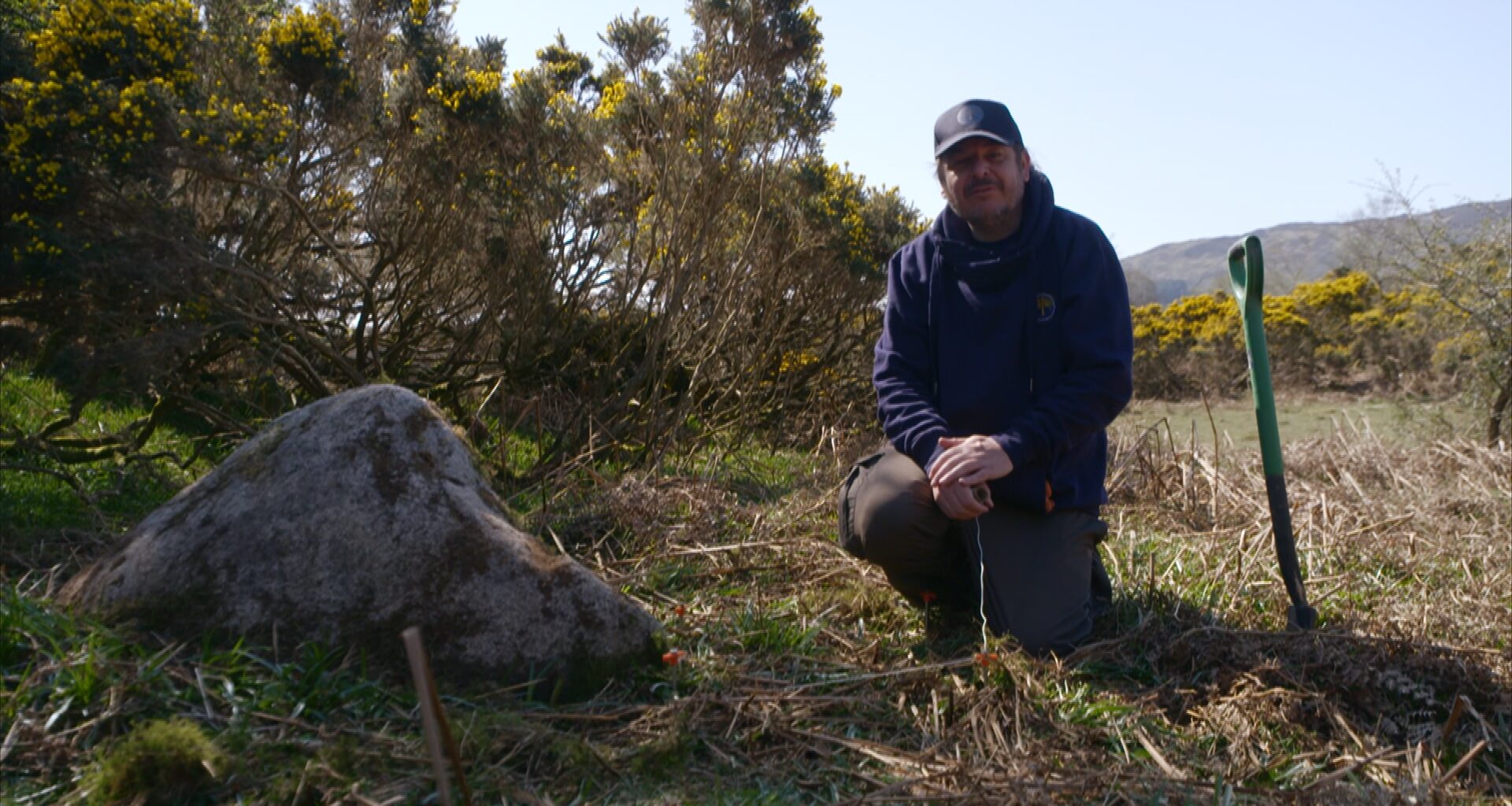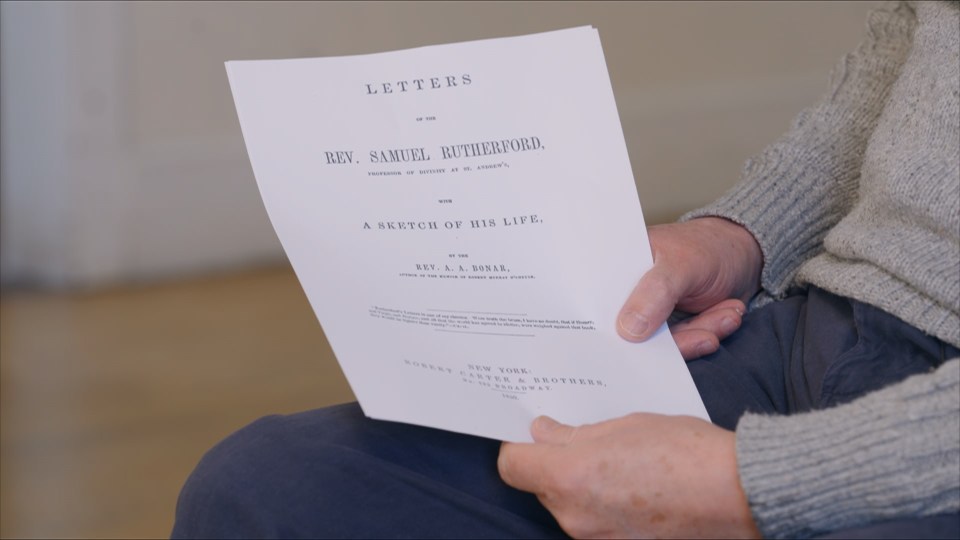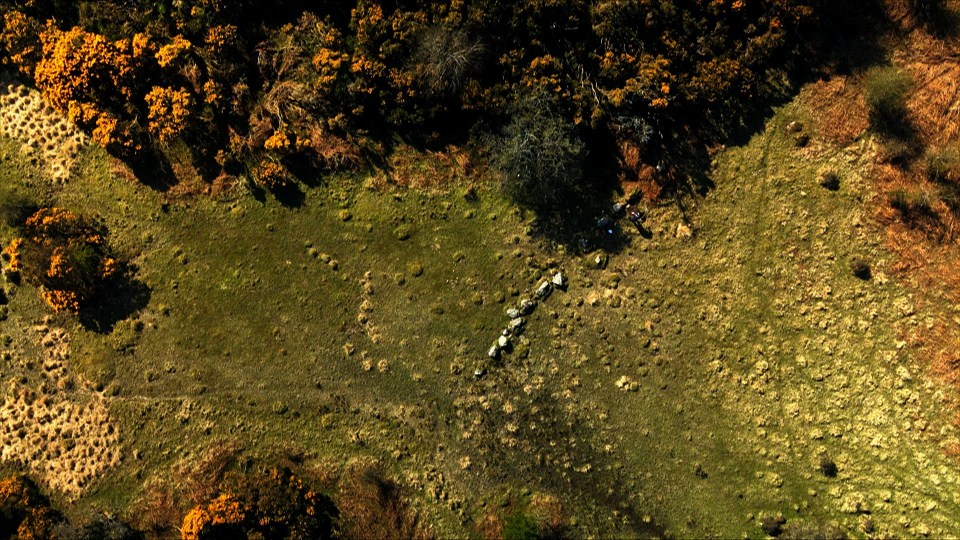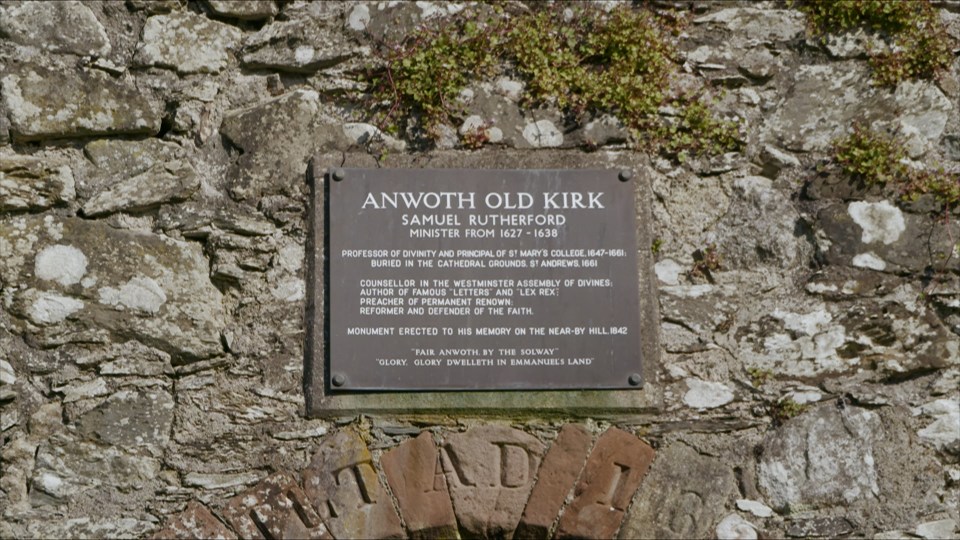A LEADING sports historian has claimed to have found the world’s oldest known football pitch on a former 17th century farm in the south of Scotland — proving that organised games have been played north of the Border for over 400 years.
Ged O’Brien, former president of the Association of Sports Historians and founder of the Scottish Football Museum, says new evidence backed by archaeology suggests the “beautiful game” was born in Anwoth, in Kirkcudbrightshire.
4
Historians have found what they believe is the world’s oldest football ground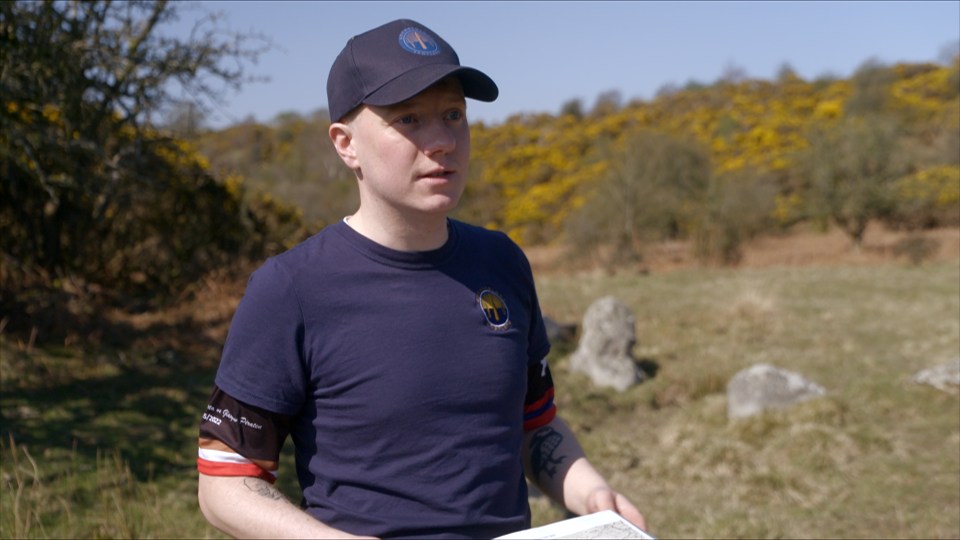
4
4
Evidence dates back to as early as 1627
He says the discovery of the “natural amphitheatre” a mile west of Gatehouse of Fleet near the Solway Firth will force those who believe modern football was invented in England around 1860 to “rewrite everything they think they know”.
And he claims it will establish Anwoth as “one of the cornerstones of the new world history of football”.
O’Brien, who was born and brought up in Southampton, on the south coast of England, has been convinced the Scots invented modern football for over 30 years.
He said the first clues to the oldest known football pitch emerged in a letter from the Rev Samuel Rutherford, minister at Anwoth Old Kirk from 1627-1638 and later Professor of Divinity at St Andrews University.
read more football stories
The letter relates how the Presbyterian pastor arrived in the parish to discover “there was a piece of ground on Mossrobin farm where on Sabbath afternoon the people used to play at foot-ball”.
O’Brien said: “This is one of the most important sentences I have ever read in football history, because it specifically identifies the exact place the football pitch was.”
He added: “I have always thought football has been played in Scotland for hundreds of years. Not mob-football, but proper football.
“Of course it has always been very hard to prove it because working people never kept records.
“Rutherford is enraged by the fact his parishioners played football every Sunday, and so one day he heads out after doing his preaching to remonstrate with them and say that ‘as the stones around him were his witness they were doing wrong’.”
The outraged Reverend Rutherford got the parishioners to move a line of stones across the pitch to stop them playing their weekly games.
The Coffee Club assess who could be Rangers’ next manager as doubts emerge over Daniel Farke’s future at Leeds
O’Brien and a team of archaeologists who set out to find the stones discovered a line of 14 large rocks cutting across a flat area at the former Mossrobin farm.
Results of tests of the soil beneath the stones suggest they were put there around the time of Rutherford’s order.
Archaeologist Phil Richardson, of Archaeology Scotland, who conducted the tests, said: “This backs up the story that a barrier was put across an open space. It’s not about stock control, it’s not about agriculture or land boundaries and ownership.
“This is not a wall, it’s a temporary barrier to stop a particular event happening — in this case football.”
O’Brien, whose discovery was revealed on BBC Scotland’s A View From The Terrace — now available on BBC iPlayer — said: “There are serious implications for historians because they are going to have to rewrite everything they think they know.
“In the history books, football is mob-football. It was chaos, people drunk, it’s anarchy. The traditional view of modern football is that it started in 1863 with a group of ex-public schoolboys from places like Eton and Harrow.
“Now this is entirely and utterly mistaken because for hundreds of years the Scots have been regularly playing football in Anwoth and places like it.
4
The world’s earliest known football ground at Anwoth
“Looking at the map there’s five tracks leading to the edge of this site. So 400 years ago everybody in a ten mile radius knew where this was.
“If you’re playing football every Sunday of every year, you’ve got rules because you have to agree on rules.
“You couldn’t play violent football because you needed to work on Monday so you’re thinking about your football, you’re playing regular football.
“This is the ancestor, the grandparent, of modern world football, and it’s Scottish.”
Standing on the location of the ancient pitch, he added: “This is one of my great days ever, because we’re stood on the proof that we need to show that Scotland invented modern world football.
“In 1872, the minute international football started, Scottish clubs were absolutely destroying English teams. It’s absolutely no surprise because these people are 200 years infront of what England is doing.
“Anwoth is going to be one of the cornerstones of the new world history of football. This is a place that the locals specifically chose as a football pitch and I’ve got the evidence.
“It’s the start of the narrative that runs through to today because the game they played is the game everybody plays everywhere in the world.
“You can be up the side of a mountain in the Himalayas, watching a football game, and the ghosts of Anwoth will be watching.”
Archaeologist Kieran Manchip, who assisted with the discovery, said:
Read more on the Scottish Sun
“You do get that sense of it being almost like a natural amphitheatre.
“Putting together all the sources, being here in the landscape and seeing how it all pieces together, all of those things corroborate with one another.”
Keep up to date with ALL the latest news and transfers at the Scottish Sun football page
